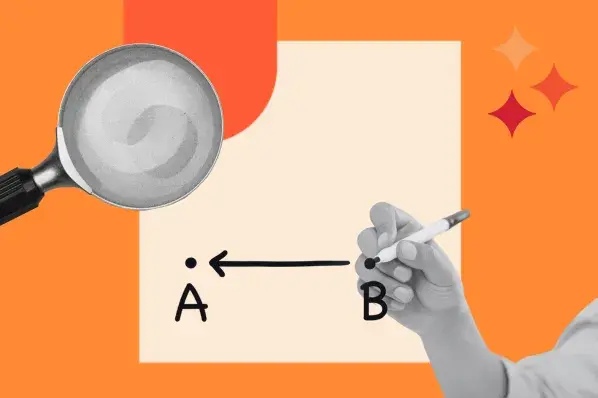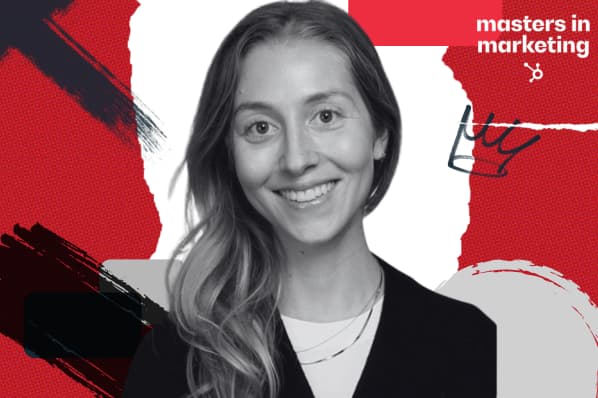SEO (Search Engine Optimization) is all the rage. Even within the small business community, there seems to be an increasing interest in SEO as indicated by the continuing growth in usage of our free SEO analysis tool.
This interest in SEO should not come as a big surprise. Who wouldn't want free, targeted traffic to their website and get more clients to grow their business?
But, successful internet marketing is not just about SEO. In this article, I'd like to introduce the concept of TAO --
Target Audience Optimization
.
Lets take one example. As part of many SEO projects, one of the key areas of focus is the Page Title. There is wide consensus among SEO experts that the Page Title is an extremely important factor for "on page" SEO. There was a time that some people argued (including a few of us here at HubSpot), that since the page title really got displayed only at the top of the browser window, that it was of little interest to humans and much more important to search crawlers. As such, one possible strategy is to optimize the page title for the search engines only, hence taking the most advantage of this important SEO factor.
My opinion is that in addition to thinking about SEO when writing page titles, even *more* emphasis should be placed on TAO ("Target Audience Optimization"). Page titles are not just shown at the top of the browser window. They are also shown in the search results, saved when users bookmark a page to their Favorites, submit your site to a social networking site, etc. To think that page titles are only for search engines is misguided.
So, what the heck is Target Audience Optimization? Whereas SEO is based on optimizing your content for search engines (in order to increase the chances that you are "found" -- i.e. have high search rankings), TAO is about optimizing your content so that when people do find you, they are more likely to click through to your website and somehow get "engaged" by your content.
SEO is about drawing more traffic to the doors of your business. TAO is about pulling them in.
Now, back to page titles. There are several considerations when making a Page Title work well from an SEO perspective:
1. Short titles are better than long titles (as each word then gets more "weight")
2. Early words are given more importance than later words (so the first word is given more importance than the 6th word)
3. Exact matches of keyphrases are better than partial matches.
So, if we were focused just on SEO for the page title, we'd use important keywords, put them in the right order and leave everything else out. But, the goal is not just SEO and pandering to the search engines by giving them just what they want. Even if you succeed and make the first page of Google, it doesn't mean very much if nobody clicks on the result and comes to your website! So, to balance this out, we balance SEO and TAO. We include the right keywords in the title but also ensure that a human (yes, those carbon-based lifeforms that this whole exercise is about) will actually read the title, be engaged and want to learn more about your offering.
Don't optimize your website for Google at the expense of your customers
. The goal of internet marketing is not to get more free traffic from Google to your website. The goal of internet marketing is to help your best customers find you and engage you.
In a follow-up article, we'll talk about specific use cases and examples of page titles that are just written for SEO and then modify them so that they take a balanced approach to both SEO and TAO. Stay tuned.






![The Future of Google: Web Strategists Predict How AI Overviews & Other Search Changes Will Impact Traffic [New Data]](https://www.hubspot.com/hubfs/seo-sge-1-20241031-8247348.webp)

![SEO Step-by-Step Tutorial: 3 Essentials for Beginners [+ Next Steps]](https://knowledge.hubspot.com/hubfs/seo-tutorial-1-20240927-2646277.webp)

![The Evolution of Search: 5 SEO Trends in 2024 and 2025 [+ New Data]](https://www.hubspot.com/hubfs/evolution-of-search-1-20240809-1367247-1.webp)
